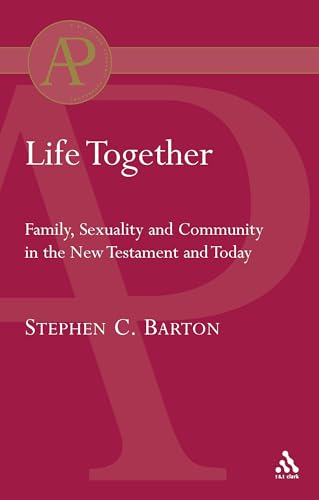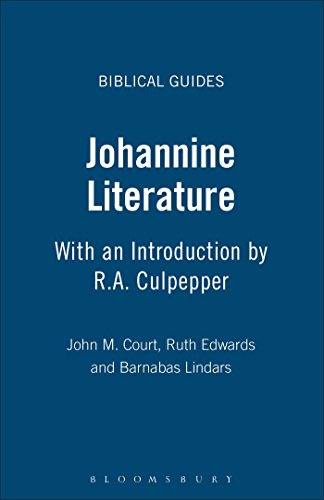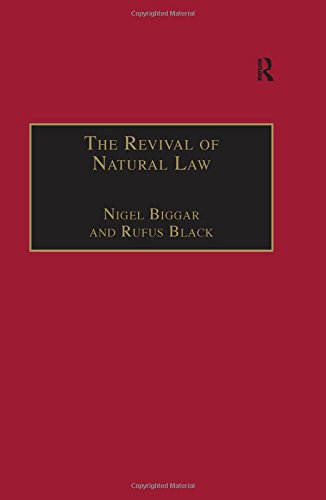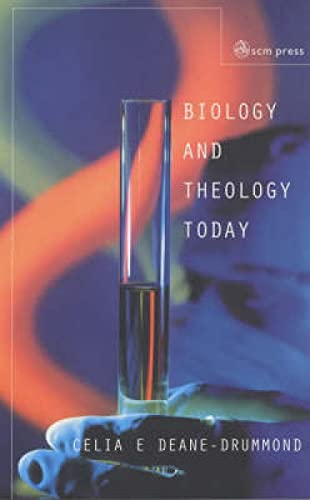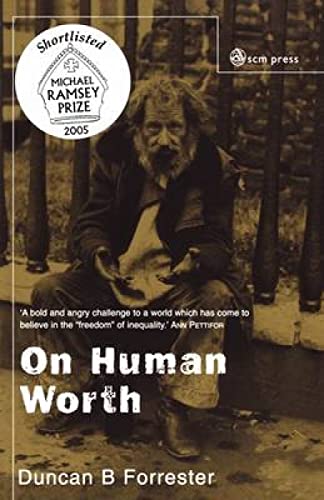Life Together: Family, Sexuality and Community in the New Testament and Today
Written by Stephen C. Barton Reviewed By Sharon JamesThis is a collection of twelve essays, all previously published in various journals or symposia. Three essays arose from the author’s involvement in the Something to Celebrate document that was produced by a Church of England working party (this caused controversy at the time because it affirmed that various arrangements, including co-habitation, might constitute ‘family life’). The other essays are on sexuality and community, with a concluding piece on biblical interpretation. There is a considerable amount of interaction with recent literature on the subject. Barton correctly denounces idolisation of the biological family (e.g. p. 48), but offers a refreshing vision of the family as ‘household church’ (14–16). Throughout there is an emphasis on community, and the people of God living out the ethical teachings of the Bible (eg. p. 60). The concluding chapter deals with New Testament interpretation as performance. Barton is right to criticise a model of biblical interpretation which is based in the academy, divorced from the reality of church life, often dismissive of the great sweep of church history (both eastern and western) and proudly neutral, privatised and individualistic.
There are a number of points at which the realities of modern life seem to hit up against the Biblical text—for example the issue of co-habitation, and the legitimacy of same-sex sexual relationships. Those whom Barton describes as conservative fundamentalists (or loyalist Biblicists) end up—he says—flattening out the Bible and making it boring (62). He is equally critical of liberal historical critics who end up divesting the Bible of all coherence and authority (62). Rather than begin with Scripture, Barton argues we should, begin with experience—which will avoid biblicism of either a loyalist or critical kind (67).
Conveniently, this approach avoids the need to make dogmatic judgements on controversial issues such as co-habitation or homo-sexuality. Therein lies the weakness of this book. It fails to provide a clear definition—what is a family? If two gay men produce a child when one of them inseminates a third party, can they adopt the child and form a real family? Many such questions confront us today. Dr Barton provides 256 pages of interesting discussion, but no clear answers (just as the Something to Celebrate document graciously refused to offend anyone). Sometimes even secular commentators get weary of such resolute avoidance of absolutes. Recently Melanie Phillips wrote: ‘[churches in Britain] often merely replicate the moral equivocations of secular society. The Church of England in particular has succumbed to much of the relativist agenda and the culture of excuses that lie behind the erosion of moral norms’ (America’s Social Revolution, p. 70).
Barton does not identify those he accuses of being fundamentalist, loyalist biblicists. Perhaps he refers to those who assert that same-sex sexual activity is wrong, or those who condemn pre- or extra-marital sexual activity? But it is wearisome to encounter the old straw man of a polarisation between truth and love. He argues persuasively that the Bible must be ‘played out’ by the people of God, just as a Beethoven symphony or a Shakespeare play must be performed, not just discussed in the classroom (60). Would anyone seriously argue with that? But to say that proper Biblical interpretation is more than a careful examination of the text surely does not mean that it is any less than that. To imply that those who maintain a high view of the authority of Scripture fail to live an ethic of love evokes memories of the situation ethics of the 1960s—‘don’t judge! just be loving!’ Such efforts to accommodate permissiveness accelerated family breakdown and its devastating individual and societal cost.
Sharon James
Leamington Spa


